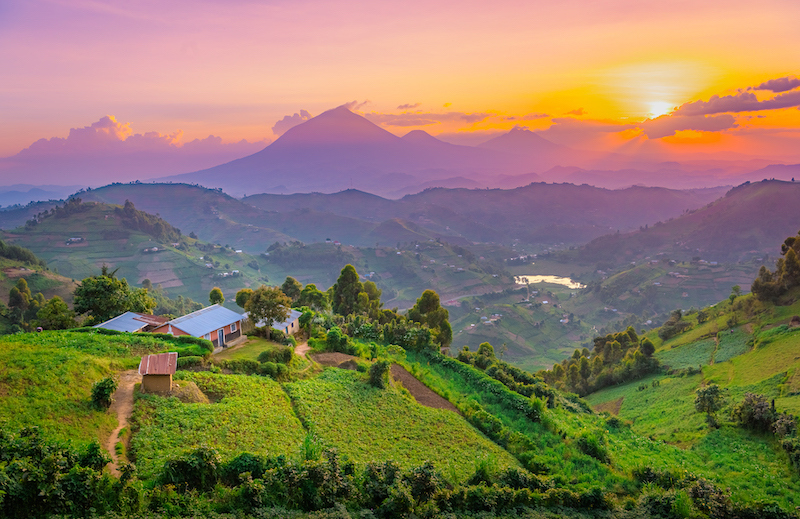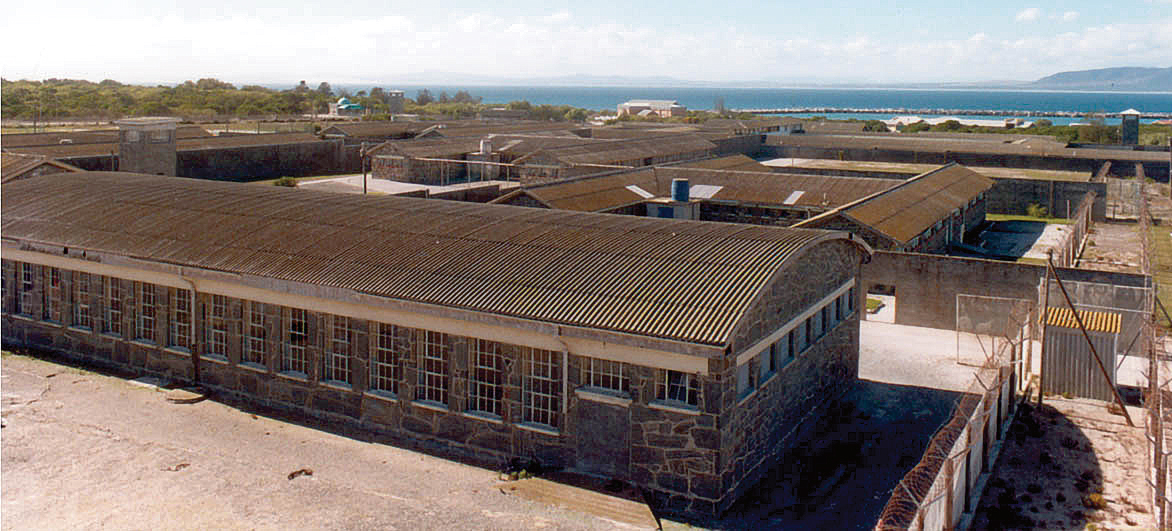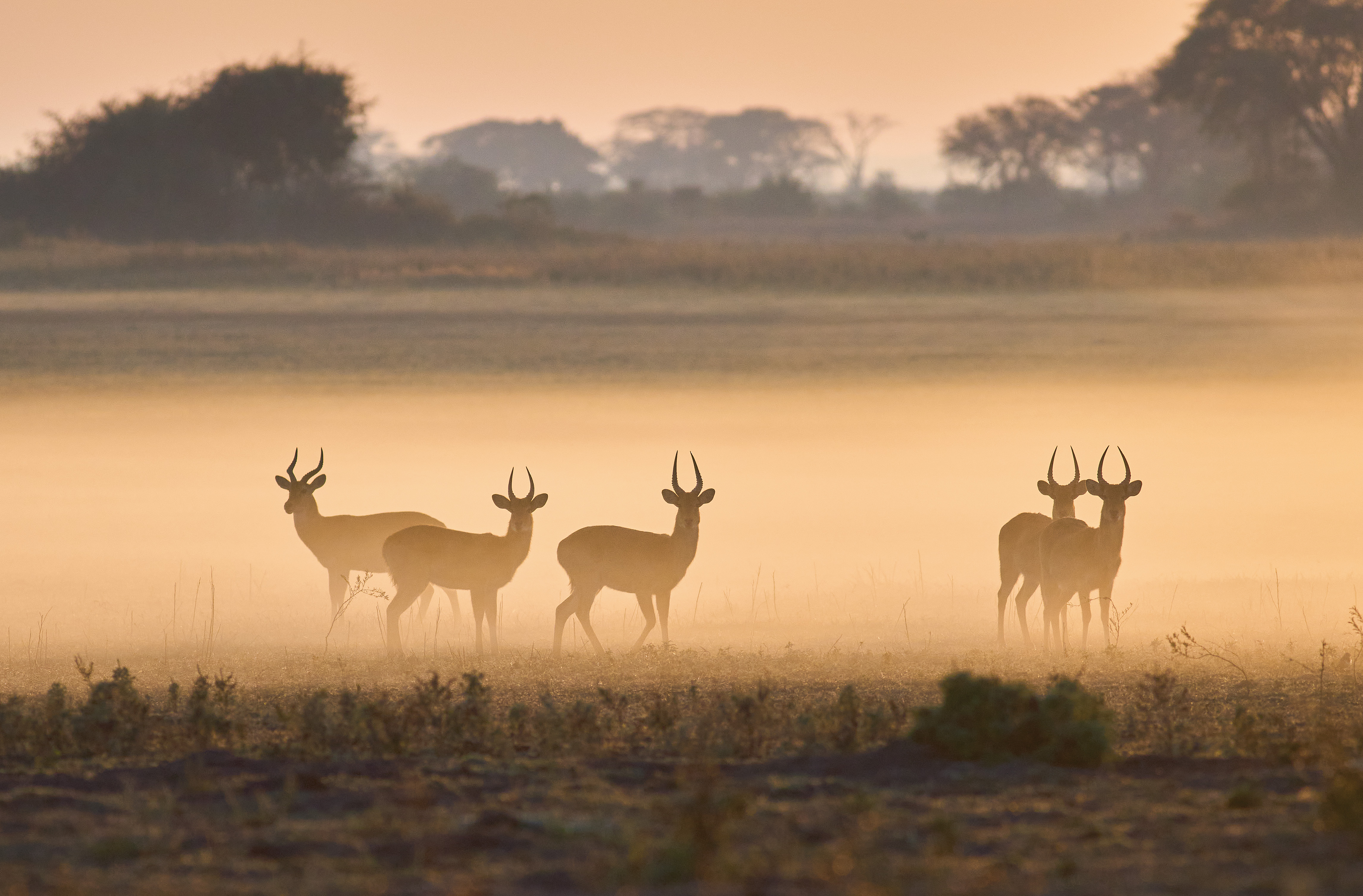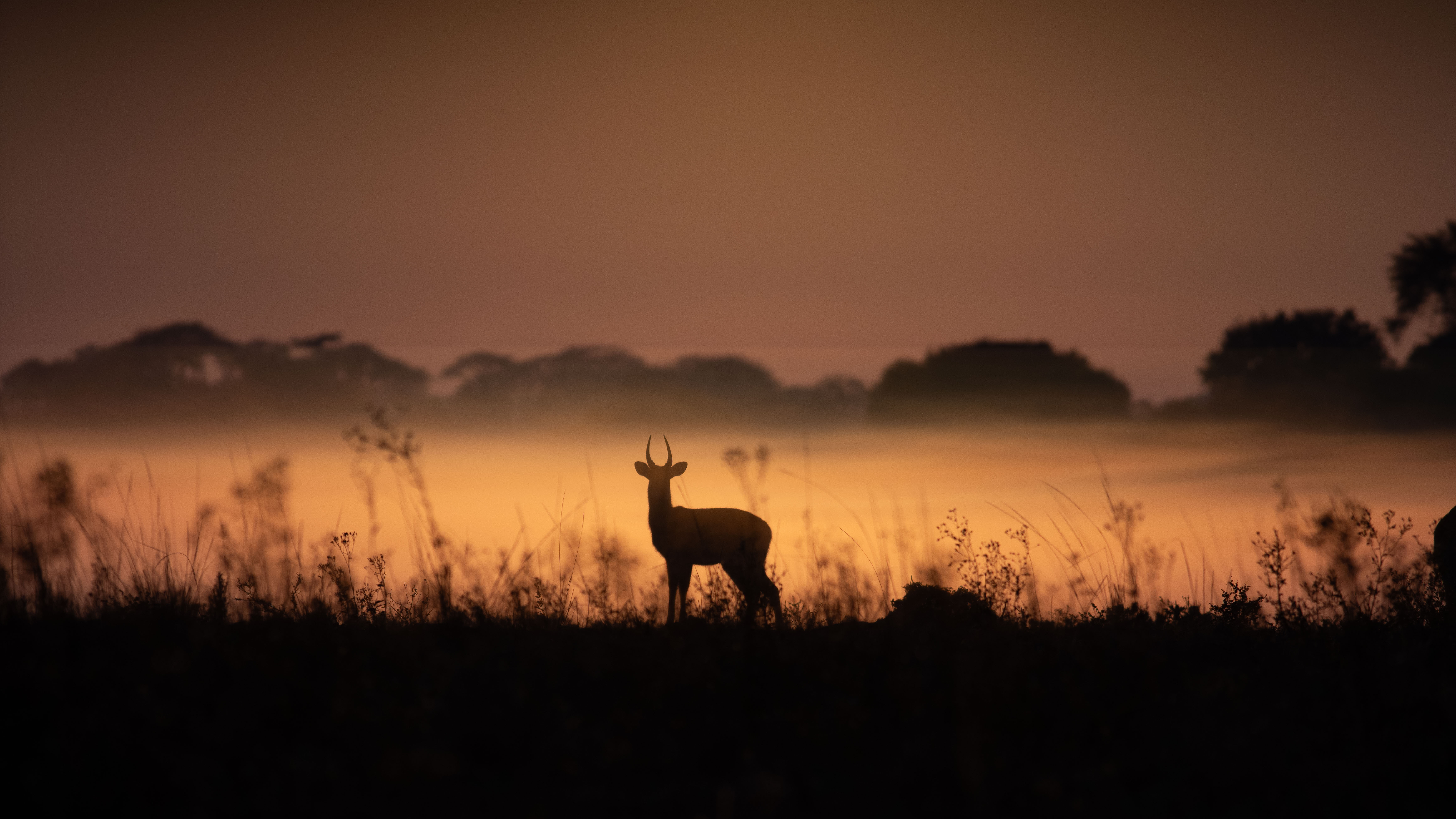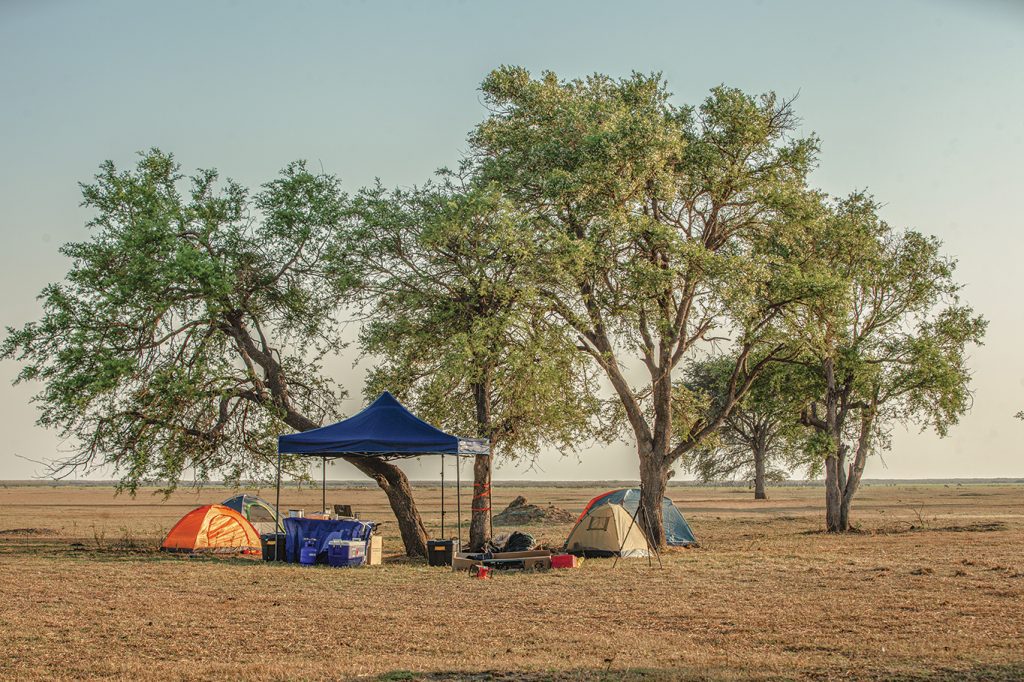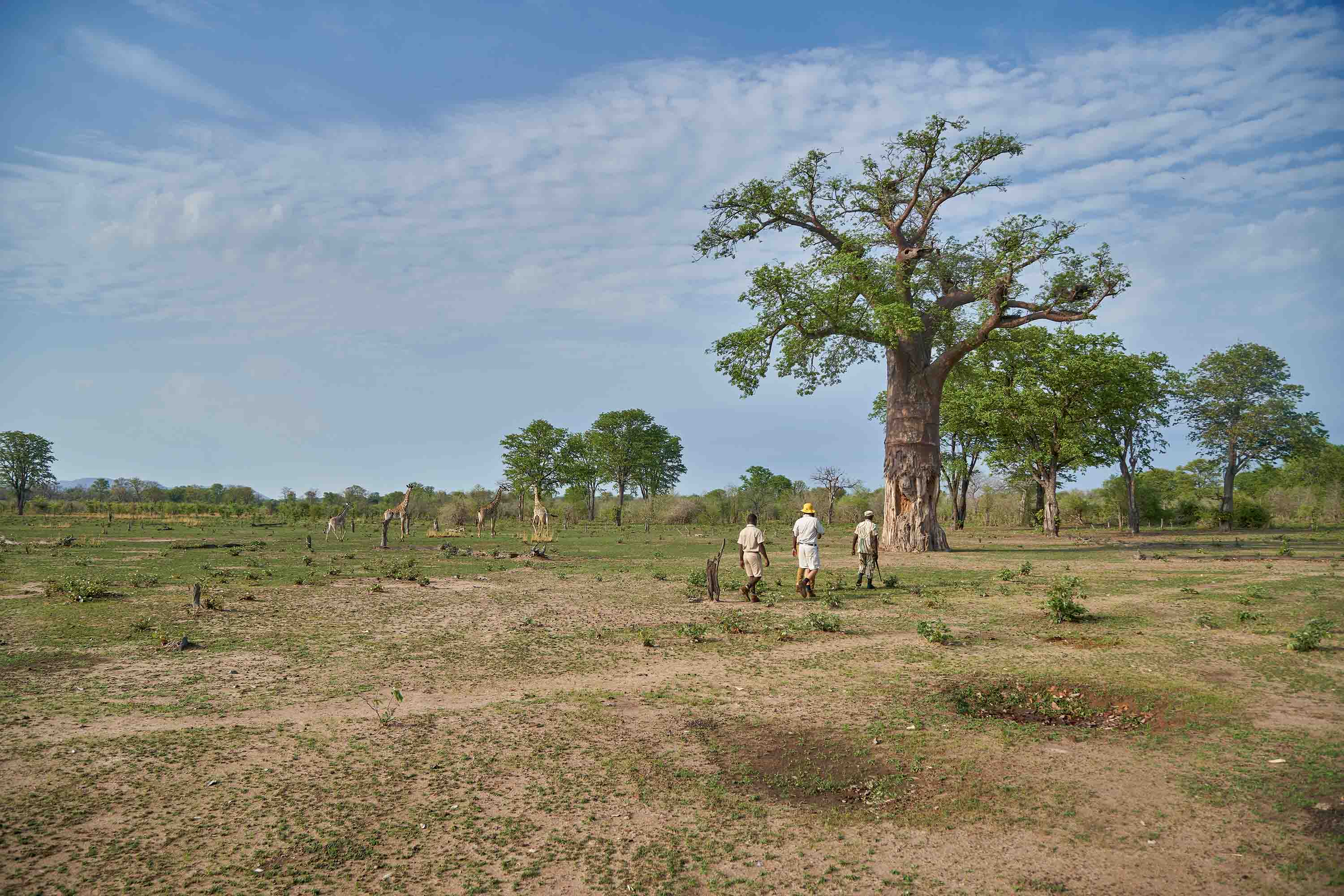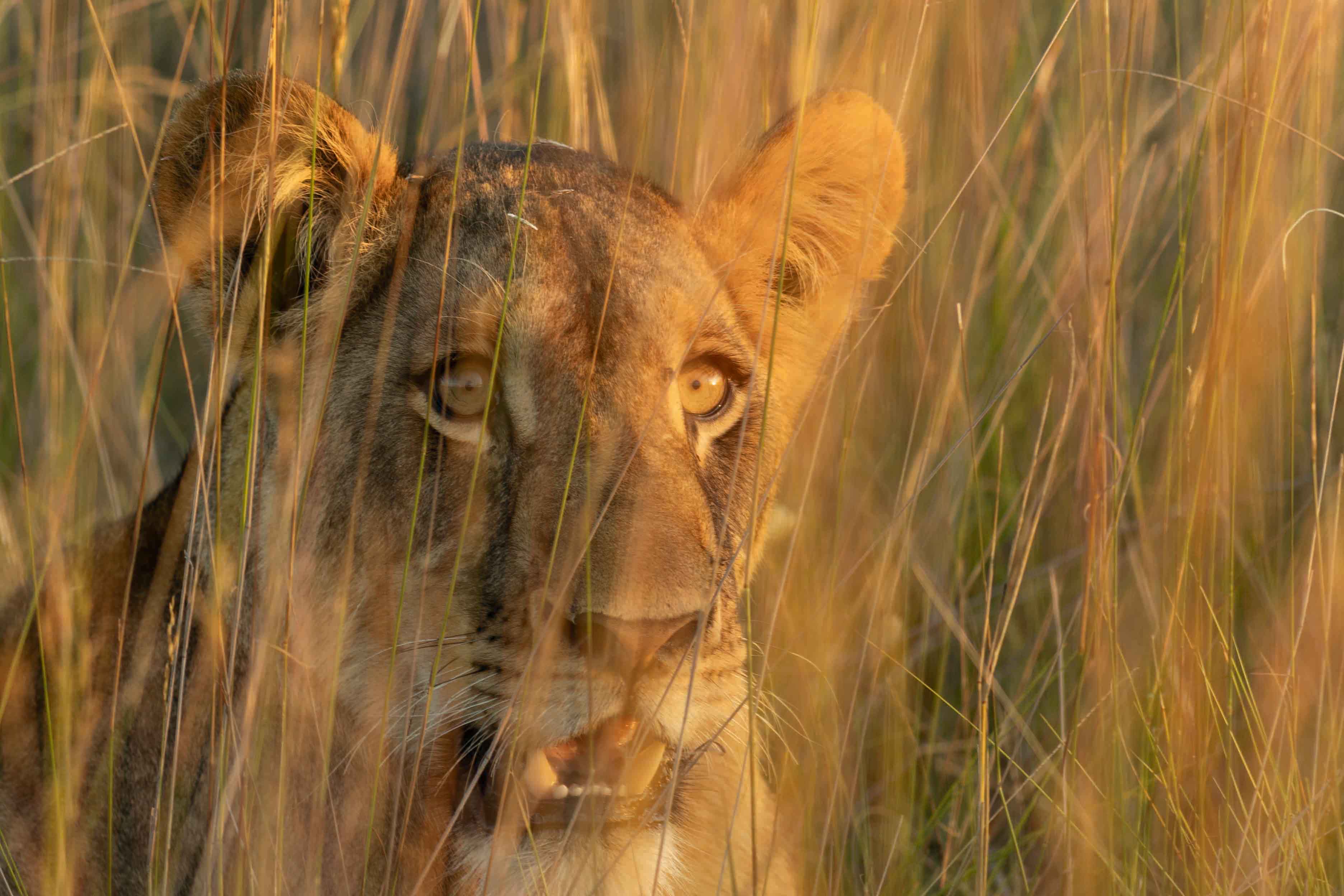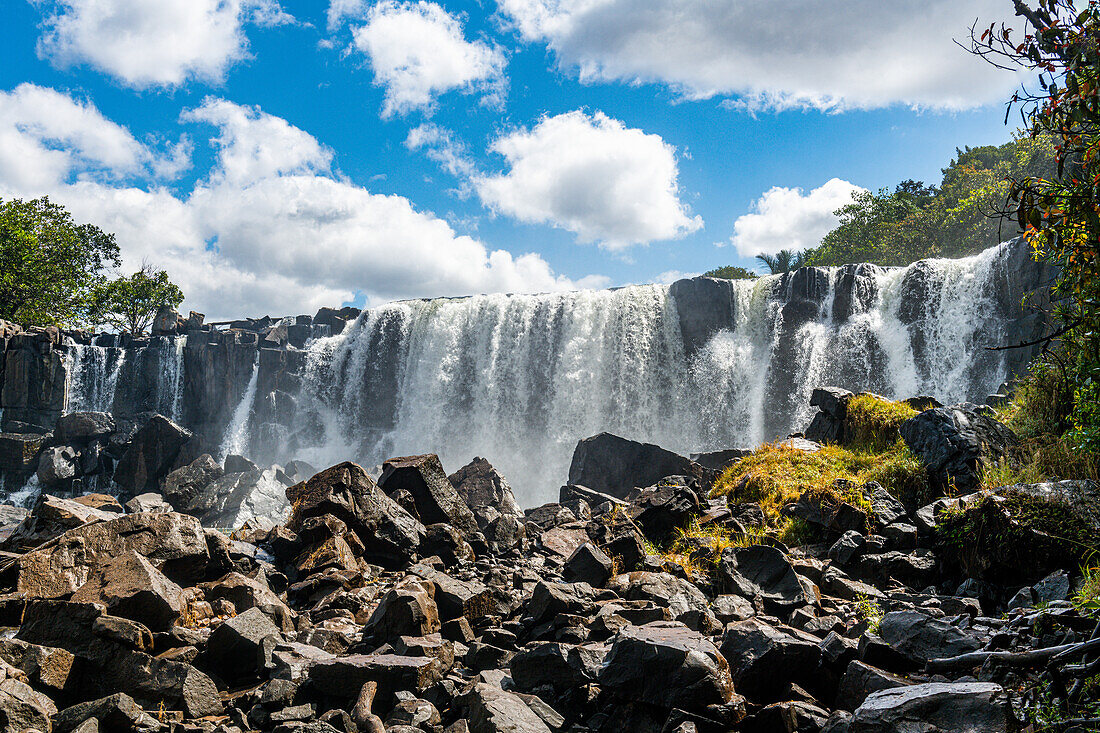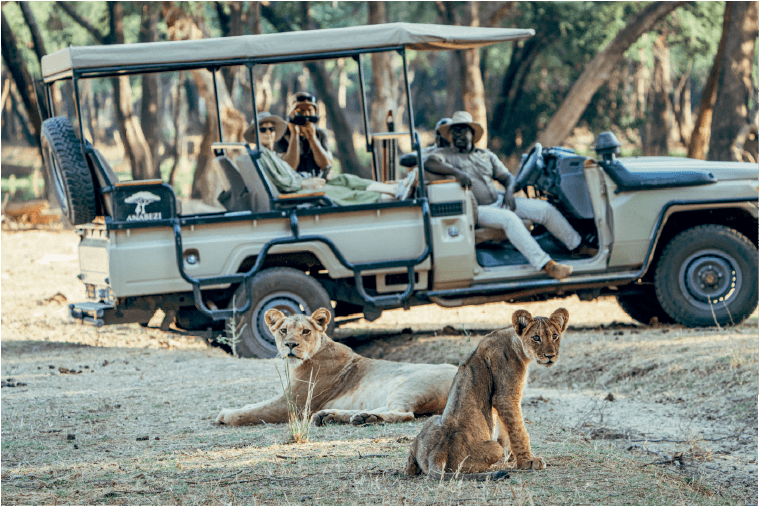Uganda holds a special place in my heart. It is the first country I visited outside of Southern Africa as a child and it is somewhere I have returned to even in adulthood. I heard little of Uganda as a kid growing up and was pleasantly surprised upon my first visit. From the sandy shores of Lake Victoria, new adventures across the seven hills of Kampala, the source of the White Nile and safaris in Murchison Falls National Park, Uganda gave me so many wonderful experiences.
Whatever you seek, there will be a side of Uganda that caters to your needs. From cultural tours in Karamajong villages to the towering Rwenzori Mountains, the lively streets of Kampala to Bwindi Impenetrable Forest. Uganda has a tropical climate and has warm weather throughout the year. It is an affordable destination, has an enticing food scene and a rich but often overlooked cultural heritage.
Something for everyone
- Excellent safaris
- A number of budget friendly activities
- Best destination for gorilla trekking
- Jinja – East Africa’s adventure capital
- Multi-faceted Kampala
Fun facts
- Uganda is said to be home to 11% of the world’s bird species.
- Over 50% of the world’s mountain gorillas are found in Uganda.
- Mount Elgon on the Uganda-Kenya border is an extinct volcano. It was once the highest mountain in Africa but volcanic activity reduced its height.
- The Equator Monument in Queen Elizabeth National Park is one of the most popular attractions in Uganda.
- Lake Victoria – shared by Uganda, Rwanda and Kenya – is the largest freshwater lake in Africa.

Murchison Falls National Park
Murchison Falls National Park is Uganda’s largest national park, prized for its wildlife and the eponymous Murchison Falls, also known as Kabalega Falls. The falls are formed as the powerful waters of the Victoria Nile cascade over and into a gorge below. Once you view the falls in their splendor you will understand why the park was named after them.
It is not only the largest park in Uganda but is also among the Ugandan parks with the largest selection of animals. The Big 5 (lion, leopard, elephant, buffalo and rhino) can all be found in Uganda and Murchison Falls National Park has them all. Other animals in the park include hippos, chimpanzees, monkeys, crocodiles, a large population of giraffes, antelopes and bush babies. The park has around 76 mammal species and 450 bird species, making it ideal for those seeking big game and birders.
Murchison Falls National Park is about four and a half hours from Kampala and lies at the northern end of the Albertine Rift Valley. There are several lodges and a campsite available. Popular activities include game drives, nature walks, boat cruises, fishing and birdwatching.
Most people think of Kenya or Tanzania when they want an East African safari experience but Uganda offers some great game viewing and birding, typically at a lower price.

Jinja
Jinja is the adventure capital of not only Uganda but East Africa. The adrenaline pumping town is only an hour away from Kampala. On your way to Jinja be sure to stop at Ssezibwa Falls, not only a site of natural beauty but also cultural significance. If you’re stationed in the capital, Jinja is a great place for a quick getaway. Jinja is where you will find the source of the White Nile, one of the major tributaries of Africa’s longest river. It is no surprise there are a number of water-based activities on offer. These include whitewater rafting, jet boating, fishing, kayaking and canoeing. Some other activities are bungee jumping, quad biking, horseback riding and mountain biking.
There are some more leisurely activities as well, such as golfing and river cruises. You can also learn more about the culture and history of Jinja. Visit the local markets, craft and textiles shops, nearby villages where you can interact with community members and learn how to cook some of their local cuisine, check out churches, Hindu temples and the Mahatma Gandhi monument.
Near Jinja is Mabira Forest. This tropical forest has lush plant life, a number of animal species and is great for camping.

Cultural tourism
While most tourists in Uganda are drawn by the wildlife and natural beauty of the country, cultural tourism is on the rise. The name Uganda is derived from the Buganda Kingdom, which dates back at least a thousand years. The Baganda ethnic group is Uganda’s largest but there are plenty more, including Bantu and Nilotic people, all with unique qualities and interlinked histories.
Always consider combining your nature-focused and adventure activities with some form of cultural exploration. In north-eastern Uganda’s Karamoja region you can spend time with the Karamojong people. You can arrange for your time at the untamed Kidepo Valley National Park to include a visit to a Karamojong village. The Nilotic, warrior tribe has fiercely held on to its traditions and largely rejected modern life and its trappings. Also within Kidepo Valley National Park are the Morungole Mountains. Here you’ll find the Ik people, another isolated Ugandan ethnic group that has firmly held on to its traditions. Mgahinga and Bwindi Impenetrable Forest national parks host the Batwa people. Yet another isolated and often misunderstood tribe.
Do note, even towns and cities have opportunities to learn about Uganda’s cultural heritage. It is not the preserve of remote areas alone.

Kampala
Uganda’s sprawling capital city is built upon seven hills, the peaks and drops adding to the city’s aesthetic appeal. Kampala is charming, energetic and creative. The city is not just Uganda’s economic centre but also evolving into an artistic and modern cultural hub. Events abound, the nightlife is amazing and the restaurant scene has grown immensely, while there’s always something available for the street food lovers. The National Theatre host regular events and is great to get your fix of drama, music, comedy and dance.
Uganda Museum, just outside of Kampala’s city centre, is the oldest museum in East Africa and well worth a visit. Also be sure to visit art galleries such as the Asante, Makerere and Ujuzi art galleries. Pick up a souvenir or kitenge outfit at the many markets around the city.
Kampala is where you’ll find the only Baha’i temple in Africa; an example of the city’s uniqueness. The beautiful, serene building is worth checking out no matter your faith. Namugongo Martyrs Shrine, a basilica modeled in the shape of an African hut, is dedicated to a group of Ugandan Christians who were killed in the 1800s for refusing to renounce their faith on that very site.
Just outside of Kampala you’ll find Kasubi Tombs, a burial site for members of the Buganda royal family. This UNESCO Heritage Site gives a peak into what life is like in a village setting.

Gorilla trekking
Mountain gorillas are found in only three countries: Uganda, Rwanda and DR Congo. All are great destinations for those in search of these unique animals but Uganda stands out as it has around half the world’s population of mountain gorillas. Bwindi Impenetrable Forest National Park and Mgahinga Gorilla National Park are the two locations in Uganda where one can see mountain gorillas, with Bwindi having greater numbers. Whichever park you chose, the terrain is challenging but also stunning and the trek is an adventure few are privileged to have.
You’ll need to obtain a permit for your trek and demand is high so ensure you start your planning early. While Uganda offers budget friendly activities, gorilla trekking is not one of them. Your permit will cost around $700 but for those who take on the rare experience, gorilla trekking is well worth it. The cost of trekking is cheaper in Uganda than Rwanda and you can save by opting for budget to mid-range accommodation. It is best to time your trip for the drier months.
